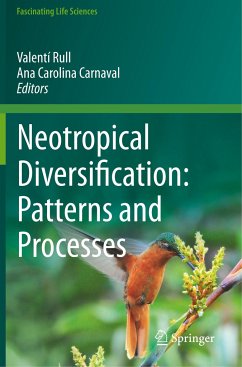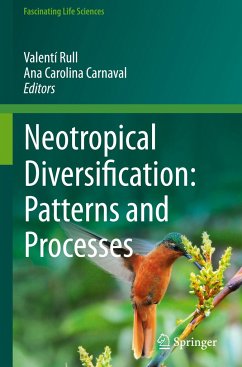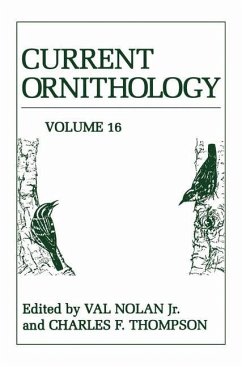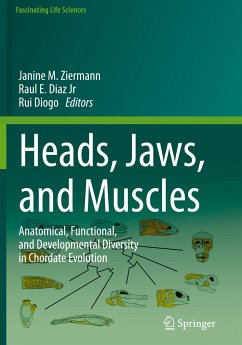
The Role of Organismal Oxidative Stress in the Ecology and Life-History Evolution of Animals
Versandkostenfrei!
Versandfertig in 1-2 Wochen
123,99 €
inkl. MwSt.
Weitere Ausgaben:

PAYBACK Punkte
62 °P sammeln!
This book illustrates the role of cellular oxidative stress as one of the most important physiological cornerstones in the evolution of biodiversity. The first part of the book provides the fundamentals to navigate the field and analyse the cross-talk between oxidative status homeostasis and other fundamental organismal functions, such as immunity and stress physiology. The second part of the book argues that oxidative stress underpins the astonishing diversity of adaptations to the environments and the evolution of life-history strategies, from growth to reproduction. Unravelling the (un)expe...
This book illustrates the role of cellular oxidative stress as one of the most important physiological cornerstones in the evolution of biodiversity. The first part of the book provides the fundamentals to navigate the field and analyse the cross-talk between oxidative status homeostasis and other fundamental organismal functions, such as immunity and stress physiology. The second part of the book argues that oxidative stress underpins the astonishing diversity of adaptations to the environments and the evolution of life-history strategies, from growth to reproduction. Unravelling the (un)expected ways through which the need of regulating the organismal oxidative status has influenced the evolution of life, this book presents a novel integrative way of thinking about how a cellular mechanism has shaped the evolution of life and death.












